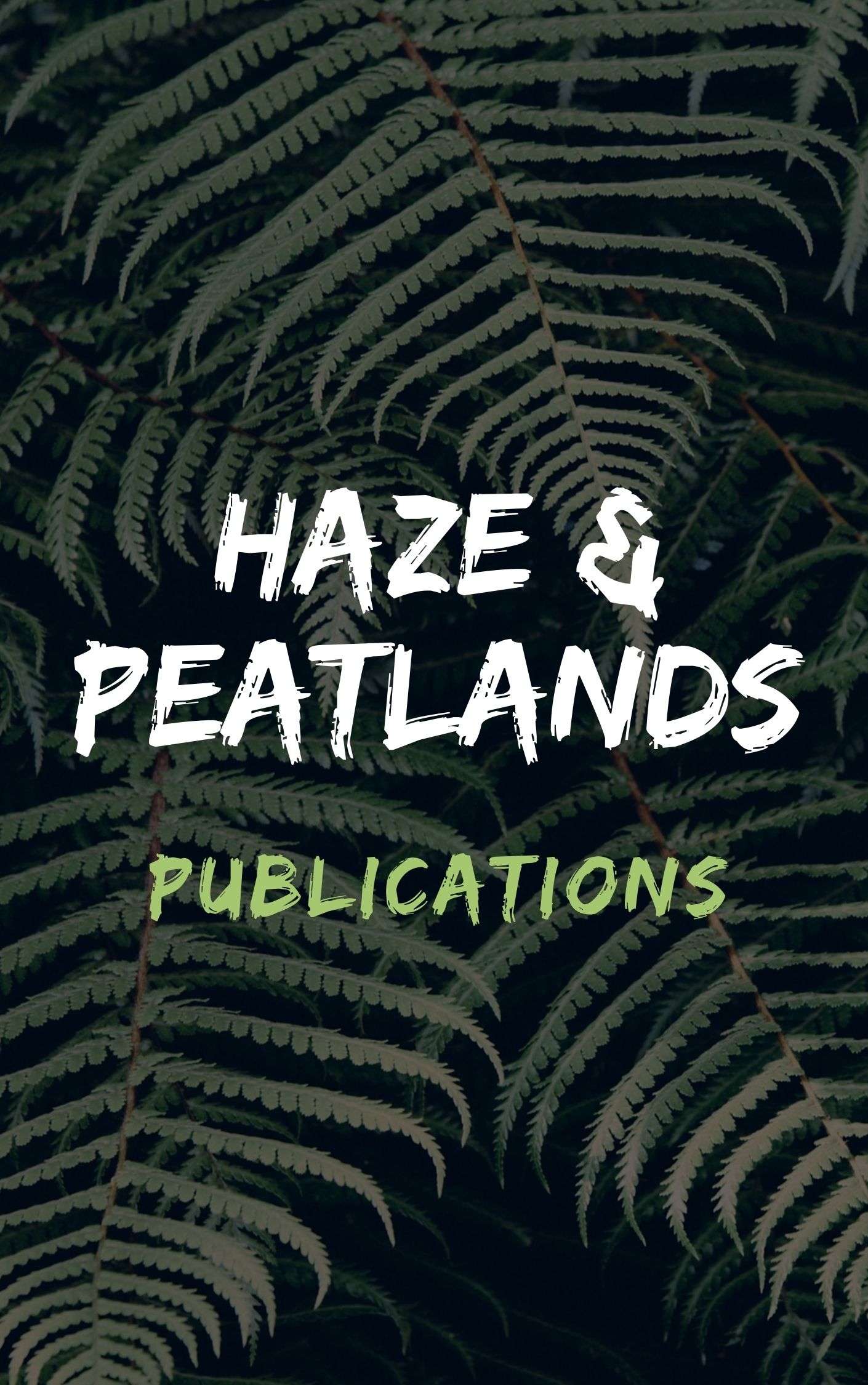This case study analyses a ban on the use of fire in a district of West-Kalimantan in response to the 2015 Southeast Asian Haze crisis. Based on stakeholder interviews and participant observation, I address the dilemmas encountered at the district and village level as a result of transnational environmental politics. A stark example of a wider tendency for policies to restrict swidden agriculture, the case study provides insight into the persistence of swidden. Contradictions between different stakeholders' experiences and understandings of local human ecology and haze politics ultimately rendered the ban ineffective. Future efforts at regulating fire in smallholder agriculture would therefore benefit from a clearer understanding of the relationships between fire, subsistence, and haze.
View source

